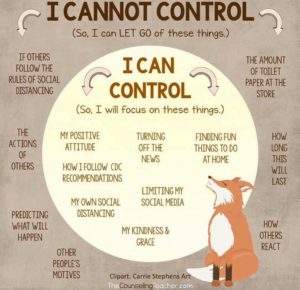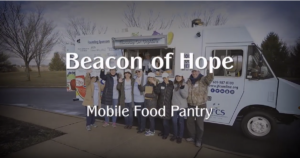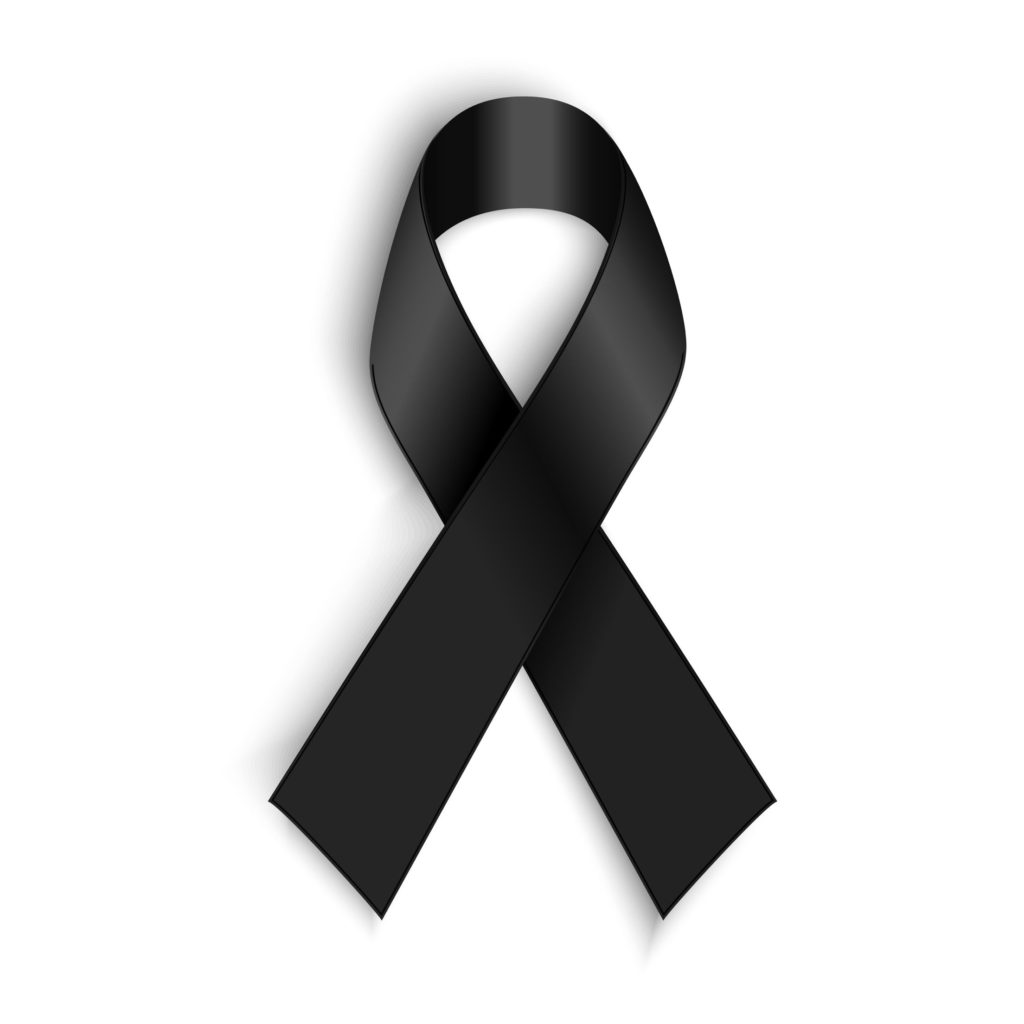In-Home Activities for Kids
From current school closings to the shutdown of public, entertainment spaces, parents are facing the challenge of filling the hours of the day for their children. Schools have been doing everything possible to provide meaningful remote instruction, but these can leave hours of the day open for children. On the warmer days we’ve enjoyed, for those with backyards or a local park (that is still open) it has been easier. However, even then, there is more time in the day. Help your children avoid excessive screen time during the current restrictive conditions with one of the activities below. Having fun, recreational time together is important to all members of the family especially during these challenging times.
Yoga:
Try Cosmic Kids or Gaiam (Youtube)
Down Dog App Can download it to your device and they also have High Intensity Interval Training and Barre classes for parents and children.
Art:
Art for Kids Hub This online tool allows a child to draw along with the instructor and there are hundreds of themes.
The Arts Council of Princeton has introduced an online program titled apART together
DIY.org offers thousands of courses and projects. Most offerings are free and many are doable with simple supplies like markers, paper and glue.

Reading:
Book Creator Create an account for free for 90 days!
Access the Virtual Branch of Mercer County Libraries for access to e-Books and other online content
Check out eLibraryNJ for even more virtual content
Science:
Mystery Science offers free science lessons for ages K – 5
Music:
Line Riders videos provide wonderful classical music with a fun visual cue to help children understand how music flows. To push this one further, on your own, ask your child to move up and down (arm movements encouraged!) to the rise and fall of the music.
UpToTen.com includes games and songs and use this site to search for more related sites.
CreatingMusic.com is for elementary-age students to explore, create and manipulate music.
If you’re missing Hebrew School, try the Alef Bet Bullseye app for 1st – 3rd graders or the Tefillah Tuner app for pre-bar mitzvah aged children
Do not underestimate the power of a FaceTime session with a child’s friend. Try and set up a few of these each week. Having connection to their peers can make a big difference in your child’s ability to focus on the positive and their schoolwork!
Definitely try to set up a few of these each week, they will make a big difference in your child’s ability to focus on the positive as well as on their online schoolwork!
Claire Brown, LSW


 Every day we learn more about this virus and its effects and we wonder when it will end. When will life get back to normal, back to our regular routine? This is new territory for all of us to navigate. Imagine trying to drive cross-country with no GPS and no map. You’ll eventually get there – but which route do you take? How long
Every day we learn more about this virus and its effects and we wonder when it will end. When will life get back to normal, back to our regular routine? This is new territory for all of us to navigate. Imagine trying to drive cross-country with no GPS and no map. You’ll eventually get there – but which route do you take? How long 







